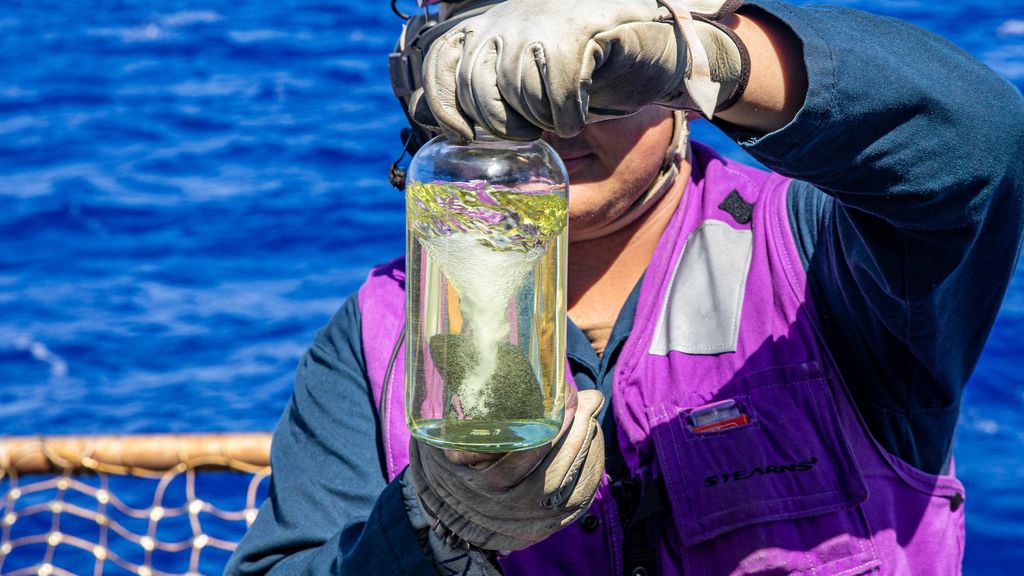News News•
Dutch sea vessels use fuel oil to which harmful chemicals have been added. This is dangerous for personnel, damages the ship’s machinery and pollutes the air, and is therefore against international treaties. The Inspectorate for Human Environment and Transport (ILT), which has conducted research into the matter, wants this to happen. stricter rules To use fuel oil.
The inspectorate interviewed the Dutch shipowners for the investigation. They complained of clogged fuel filters and blocked pumps due to the oil mixture. They also reported that crew members were getting headaches and becoming unwell due to the fuel fumes.
ILT also relies on research conducted by Veritas Petroleum Service for testing. Over the past two years, it has tested nearly 3,600 fuel samples from ships in Dutch ports. Substances likely to have come from chemical companies were found in 15 percent of the samples.
drab
Fuel oil is the sludge left over from petroleum refining. It is mixed with another oil, such as diesel, to make it suitable as a fuel for ships. As a cheap alternative to diesel, harmful chemicals are used in international shipping. These often come from the chemical industry, which sees donations as a way to dispose of chemical waste.
The use of these harmful chemicals has been a topic of debate for a long time. In 2012, the then National Police Service Agency announced that it wanted legal requirements for fuel oil. At the time, the investigation service estimated that almost all fuel oil used in ships was diluted with chemicals.
After ten years, the police responded. follow the money Again, the use of harmful chemicals to dilute fuel oil is common practice. “Fuel oil is mixed with hazardous waste on a large scale, and environmental criminals make a lot of money from it,” the police said. New research by the inspectorate shows that mixing is still happening on a large scale.
Additional criteria
The inspection concluded that additional quality standards for fuel oil are needed to prevent the mixing of harmful substances. The organization will also enter into discussions with companies and expects them to “take up their social responsibility to prevent the mixing of harmful substances with fuel oil.”
Setting stricter rules is complex, wrote Minister Madlener (Infrastructure and Water Management) in a letter to the House of Representatives. Fuel oil is produced, traded and used all over the world. This makes it difficult to determine the composition and origin of the fuel oil, the minister said. “Ships supply fuel oil all over the world.” Within the EU, different rules apply to each country, which is difficult to enforce because ships visit different countries.
“Although (international) regulations provide some tools to define fuel oil quality requirements, they cannot prevent fuel oil from containing substances that are socially undesirable. In short, not everything that is permitted is also socially desirable,” the minister writes.





